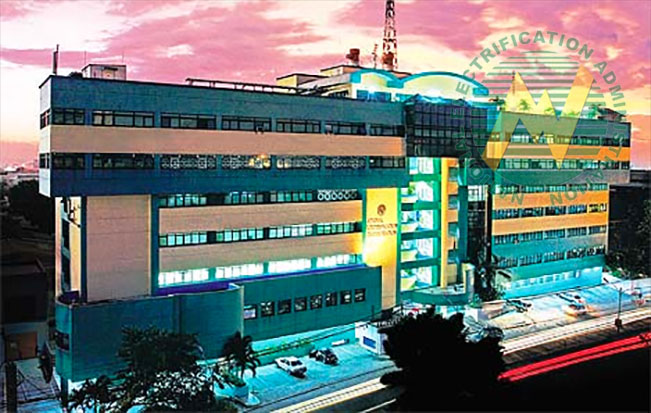THE Philippine Chamber of Commerce and Industry (PCCI) said three factors aimed at towards rebuilding consumer confidence are critical to recovery amid calls to partially lift the enhanced community quarantine after April 30.
PCCI in their so-called Roadmap to Recovery, identified these factors as the success in epidemic control, resumption of economic activity, and eliminating barriers to the supply chain and the movement of people.
In a statement, the PCCI should the Inter-Agency Task Force for the Management of Emerging Infectious Diseases consider expanding the essential industries that can be allowed operate under a gradual lifting of the lockdown, one of the sectors that must be included is the public transport sector.
“ Premised on the (future) decision of the IATF) to partially lift the Luzon ECQ, PCCI recommends the partial lifting of the public transport sector in support of the slow but steady journey towards economic normalcy while strictly enforcing social distancing policy,” the statement said.
The PCCI proposes the implementation of a unified queing and dispatching scheme similar to the system in Japan, Singapore and other developed countries where buses follow a regular trip schedule and have designated stops to allow easier enforcement and monitoring of physical distancing.
The group continues to clamor for the elimination of barriers to logistics and the movement of labor in essential sectors such as agriculture, manufacturing and business process outsourcing.
“ Tight control over the movement of goods have caused delays and cancellations in deliveries and affected the supply of essential commodities in some areas of the country. For companies that were allowed to continue their operations amid the ECQ, restrictions on public transportation have disrupted the mobility of workers and posed additional costs to employers,” the PCCI said.
Gradual easing
Teresita Sy-Coson, vice chairman at SM Investments Corp., said the government should look into a gradual easing of restriction to businesses to operate after April 30.
“With all the precaution in place, if the Department of Labor (DOLE) can look into gradually increase of employment with gradually increase of businesses,” said Sy-Coson in a statement.
“If all the industries can start operating 50 percent including the transport with all the medical precaution like making test kits more available and disinfecting measures and sanitation safeguards, then we can gradually increase the employment including the returning OFWs (overseas Filipino workers) who are adding to our number of unemployment,” she added.
Sy-Coson said besides the 4Ps or the Pantawid Pamilyang Pilipino Program, loans and other assistance given by the government, the private sector can assist by “increasing employment maintaining the other safeguards like social distancing and disinfectant availability.”
“Employment is also the key to the health of their family by having enough food for their own immunity and the key to the health of our economy,” she said.
PCCI expressed support to the extension of the ECQ saying this is provides a window for mass testing that could improve data and monitoring ability that can help flatten the curve.
But the PCCI also believes reviving economic activity is critical to recovery.
It said to do this government can focus initially on undertaking five activities:
One, rehabilitate existing transportation infrastructures during the ECQ, starting off with the rails.
Two is to prioritize agriculture and manufacturing supply chain-enhancing infrastructure projects under a fiscal stimulus program that can help bring the economy back on track;
Three, to refocus growth strategy on the domestic market and aim for food security. The PCCI said this should be supplemented by the dispersion of downstream processing activities in these sectors especially the rural areas.
“Aside from infrastructure support that include farm-to-market roads, irrigation, post-harvest facilities and other related
projects, the agriculture and aquaculture sectors must be provided input subsidies and access to research and development and technologies,” the PCCI said.
Four, the PCCI recommends that business should leverage on disruptive technologies in their operations from marketing to logistics, particularly micro and small enterprises even farmers and fisherfolk so as not to disrupt the supply chain.
Fifth is for the provision of flexible arrangements that will
“ facilitate MSEs’ access to loans. Special effort need to be made further to assist MSEs to overcome financial difficulties. Most MSEs do not have the expertise to tap into formal credit facilities,” the PCCI said.
The group reiterated its calls for the Bangko Sentral, banks and other financing institutions and the Small Business Corp. to simplify the process and make it easier for MSEs to access loans.




